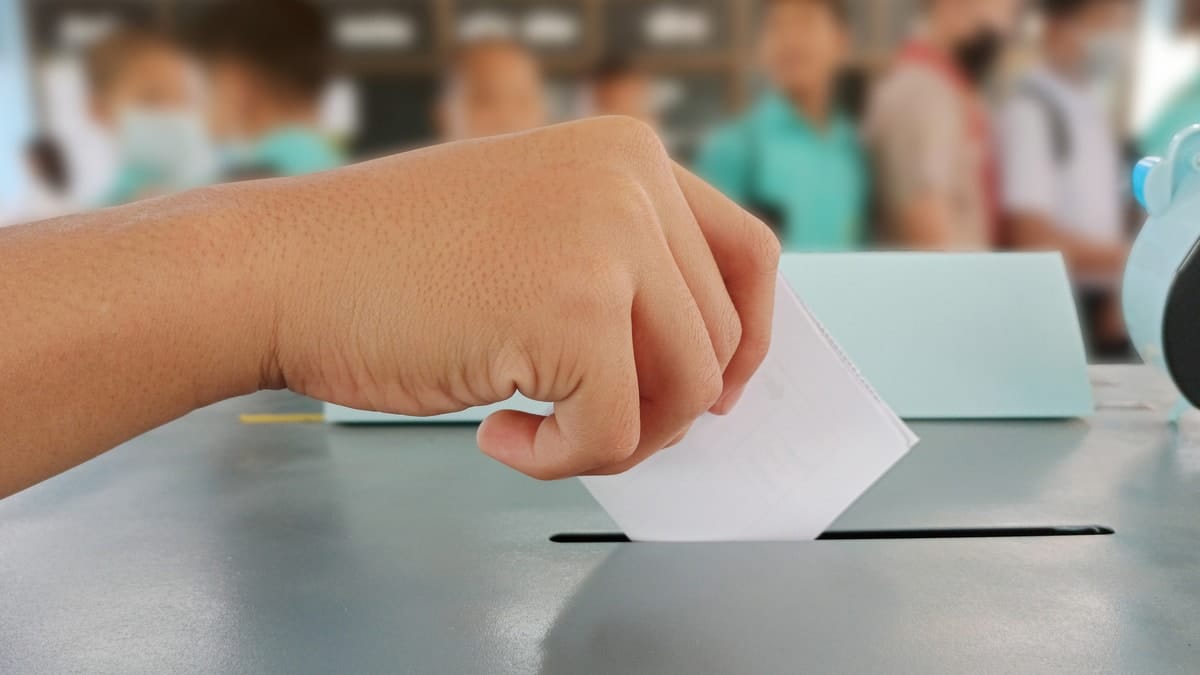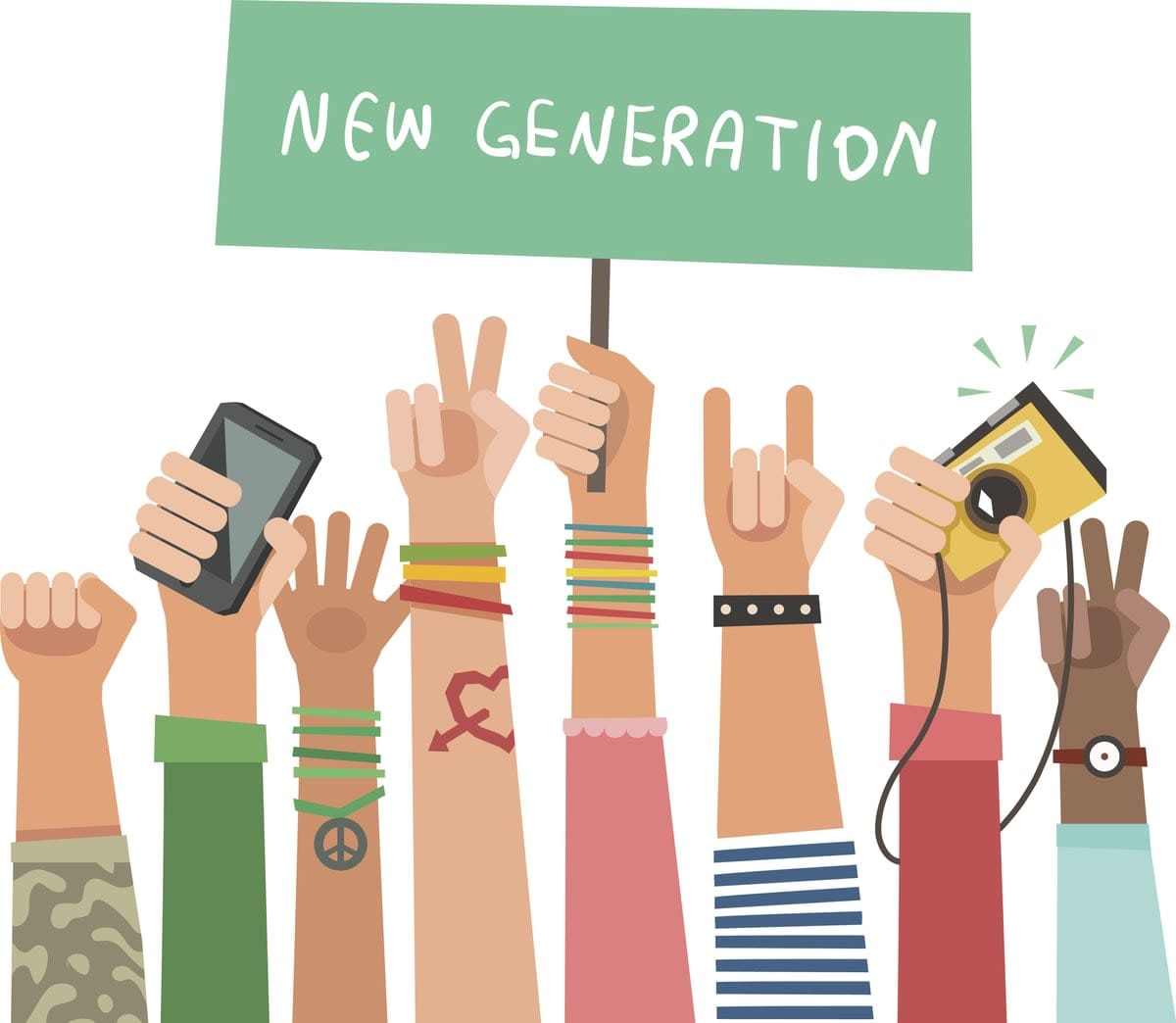
ASIO’s Annual Threat Assessment delivered last week by its Director-General, Mike Burgess, shed light on the organisation’s national security priorities. While the prospect of foreign interference remained a key area of focus for ASIO, it was the rising number of radicalised young people that Burgess described as “deeply concerning”.
The revelation that young Australians, some as young as 13, were increasingly becoming attracted to groups that promoted violence suggests they’re feeling detached, disillusioned, and disempowered by the political system. This has implications for national security in the short term, and social cohesion moving forward.
Burgess’ speech, however, also presents us with an invitation to consider how this issue may be addressed. One way to stop the rising number of radicalised young Australians may be to raise the political knowledge of all young people, and empower them to become effective change agents.
A ‘crisis of democracy’?
In years before the pandemic, there was a growing sense many Australians were unimpressed by democracy.
For example, in the Lowy poll of 2018, just 49% of Australians aged 18 to 29 said “democracy is preferable to any other kind of government”, while 20% said the type of government didn’t matter.
With the onset of COVID-19, there was a rise in the number of young people favouring democracy. In the 2020 Lowy poll, for instance, 61% of those 18 to 29 said democracy was preferable to other types of government, but 13% continued to believe the type of government didn’t matter.
Despite the recent rise in support for democracy, the pandemic has continued to fuel the online radicalisation of young people, according to ASIO.
As Burgess argued, contemporary radicalisation was occurring due to a combination of “views, fears, frustrations and conspiracies”. This contributed to a growing number of young people being investigated by ASIO as part of counter-terrorism efforts over the past year.
Burgess called on Australians to “reflect on why some teenagers are hanging Nazi flags and portraits of the Christchurch killer on their bedroom walls, and why others are sharing beheading videos”, and to also “reflect on what we can do about it”.
Reflecting on young people’s political knowledge, participation, and empowerment
We’ve shown in research that many young people are engaged with political issues. By taking leading roles in movements such as Black Lives Matter and School Strike for Climate, we’re reminded of the power young people have in shaping the policy debate and making a transformational impact on society.
There is a gap, however, in the knowledge and confidence young people have about their rights and responsibilities as citizens. They’re often unsure of how they may participate and have their voices heard within the liberal democratic system.
These gaps in knowledge are also reflected in national testing of young Australians. Since 2004, the National Assessment Program – Civics and Citizenship (NAP-CC) has tested students’ levels of knowledge about issues including government, democracy, and politics.
The results of the latest NAP-CC highlighted that just 38% of Year 10 students achieved levels of knowledge about these topics that educators would deem proficient. This is at the same historic low as the previous testing round.
This is highly problematic, and has the potential to make some young Australians open to influence by fake news, conspiracies, and efforts to radicalise.
Read more: Young people remain ill-equipped to participate in Australian democracy
If young people are uncertain about how their nation’s system of politics and government operates, they may lack the skills to be able to convert their political views into effective outcomes within the democratic system. And, as Burgess’s speech reminds us, this leaves the door ajar for some to become captivated by groups that spruik extremist views.

So what can be done?
The need for building political knowledge has been identified as critical to the national interest. In a speech last year, the then-education minister, Alan Tudge, argued that civics and citizenship, along with literacy and numeracy, were “the building blocks which underpin other content areas and set individuals up for a greater contribution in our society and democracy”.
Indeed, teaching students about their rights and responsibilities at school through civics and citizenship classes remains an important way of equipping them to be active and engaged citizens.
However, some practical innovations also need to be adopted to help strengthen longer-term outcomes.
For example, listening and acting on the voices of students is one way to empower young people.
When we spoke to school-leavers, they suggested new targeted classes be offered to help remind them of their rights and responsibilities as citizens in the final years of high school. This would help enhance their political knowledge and confidence to enact change.
Furthermore, they called for providing teachers with greater support to help them deliver effective civics and citizenship classes.
It’s now time to help make these practical ideas a reality.
As Burgess intimated in his address, extremism and hate speech don’t emerge in a vacuum. It is up to all of us to find ways to address this in the interests of social cohesion, security, and harmony.
This article was co-authored with Dr Jacqueline Laughland-Booÿ, a senior advisor (research and communications) in the Office of Vice-Chancellor and President at Australian Catholic University. Her research interests are in the fields of life-course studies and political sociology.





